Foods That Trigger Inflammation
1. Simple or Excess Carbs
Poor blood sugar control is one of the absolute major driving forces behind chronic and systemic inflammation that wreaks havoc in the body. If you’re active and have lots of lean muscle, the carbs you eat and directed primarily into your muscle tissues and stored as glycogen. If you’re sedentary, overweight or out of shape and don’t have a lot of muscle, excess carb intake quickly gets converted into fat and stored in the liver or on your body.
Inflammation is a hallmark symptom of most obese individuals. (2) The accumulation of fat around the mid-section is visceral fat, also called white adipose tissue (WAT), that acts as a powerful trigger for inflammation. [tweet_quote] The more extra weight you’re carrying, the greater your inflammatory levels. [/tweet_quote]
The chronic internal fire of weight gain also causes significant oxidative damage to cells and tissues, leading to an inflammatory response. The more weight gain, the more oxidative stress, the more inflammation in the body. It’s a downward spiral that can make it very difficult to shed those unwanted pounds.
2. Too Much Gluten
Gluten can be a very problematic food because it exerts a major detrimental impact on your gut. The research has shown that gluten-containing foods interfere with the function of an intestinal protein called zonulin, wreaking havoc on your digestive system. Zonulin effectively acts as the gatekeeper of your intestinal tract, responsible for regulating your intestinal permeability by keeping your gut cells tightly packed. The gliadin protein found in gluten interferes with your zonulin function, leading to increased intestinal hyper-permeability or leaky gut. (3) Ultimately, this leads to an inflammatory response by the body.
Interestingly, this gut damage occurred in all populations, not just celiac patients. Furthermore, if you’re overweight, it significantly worsens your zonulin function and predisposes you to an inflamed and leaky gut. (4)
3. Too Many Pain Killer Medications
Over-the-counter medications to treat pain, non-steroidal anti-inflammatory drugs (NSAIDs) like ibuprofen, are the most common drugs recommended to treat pain. If you’re overweight or sit at a desk all day, you’re much more likely to suffer from chronic joint and muscle pain. While NSAIDs can help in the short-term, in the long-term they take a serious toll on your digestive system.
A recent study found that chronic use of pain killer medications like ibuprofen significantly damage the lining of the gut and increased likelihood of a leaky gut. (5) Of course, when the gut is damaged inflammation is the first response to injury, so you actually worsen your long-term systemic inflammation.
Other common causes of chronic inflammation include a diet too high in omega-6 fats (i.e. typically vegetable oils), chronic infections, high stress levels, nutrient deficiencies or over-exposure to environmental toxins.
The Top 10 Anti-Inflammatory Foods
Addressing the root causes is the first step to cooling chronic inflammation and increasing your intake of powerful anti-inflammatory foods is the next step. Add the following ten foods to your diet regularly and protect your body from dangers of inflammation.
1. Cold-Water Fatty Fish
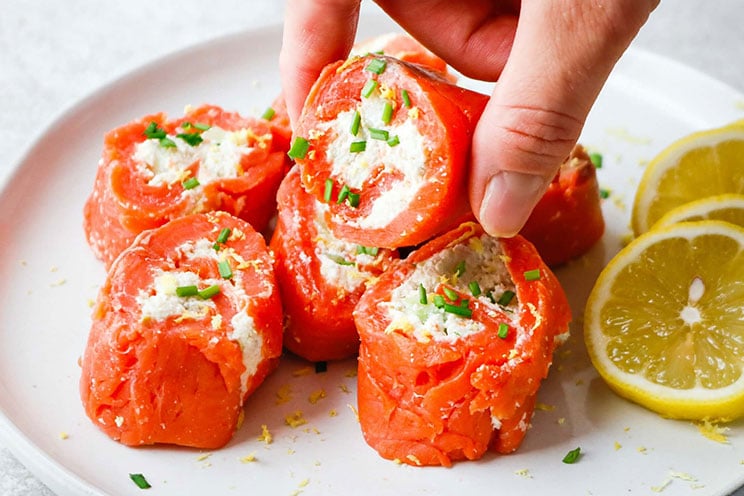
The extra-long chain omega-3 fats EPA and DHA help cool inflammation by supporting the production of anti-inflammatory prostaglandins, powerful hormone-like substances that turn down the body’s internal fires. (6) Cold-water fatty fish like salmon, mackerel, anchovies, sardines, herring and black cod should be staples in your diet. A typical 3-4 oz. servings contains about 500-750mg of EPA and DHA.
2. Grass-Fed & Wild Game Meats
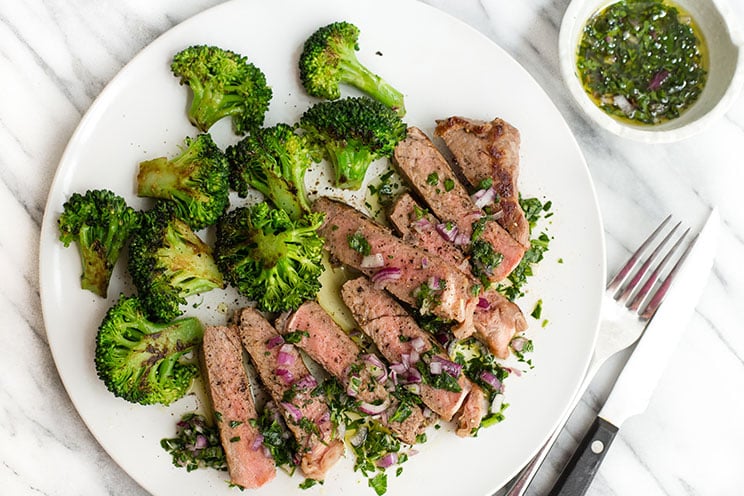
We’ve been told for decades to avoid red meat, however when you feed cows grass like nature intended, it’s incredible how the distribution of healthy fats and the quality of the meat radically changes for the better. Grass-fed beef and wild game meats have much greater levels of extra-long chain omega-3 fats EPA and DHA compared to standard agricultural practices. (7) Add these nutrient-dense foods to your nutritional arsenal to fight off chronic inflammation.
3. Turmeric Root
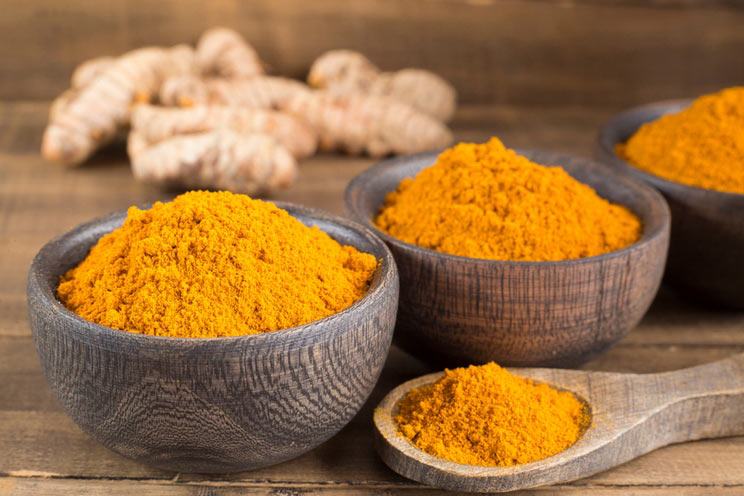
Turmeric root is a staple of Indian cuisine and contains a specific compound called curcumin that acts as a powerful anti-inflammatory. Curcumin inhibits the COX-2 enzyme, just like ibuprofen, to reduce inflammation and accelerate healing. (8) Although not as potent as an NSAID, the natural herb has the benefit that it does not cause ulcers, liver and kidney damage, and leaky gut like chronic use of NSAIDs.
4. Ginger
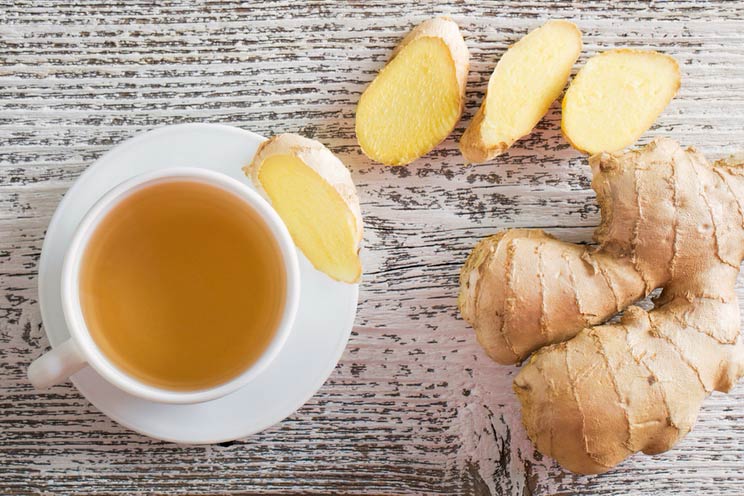
Like curcumin, ginger acts as a potent anti-inflammatory that inhibits the COX-2 enzyme. The research shows the consumption of ginger can reduce inflammatory markers after only 7 days. (9) If you enjoy juicing, add ginger to your favorite juice, sprinkle on top of salads or meals, or add into herbal teas to boost your inflammation protection.
5. Leafy Greens
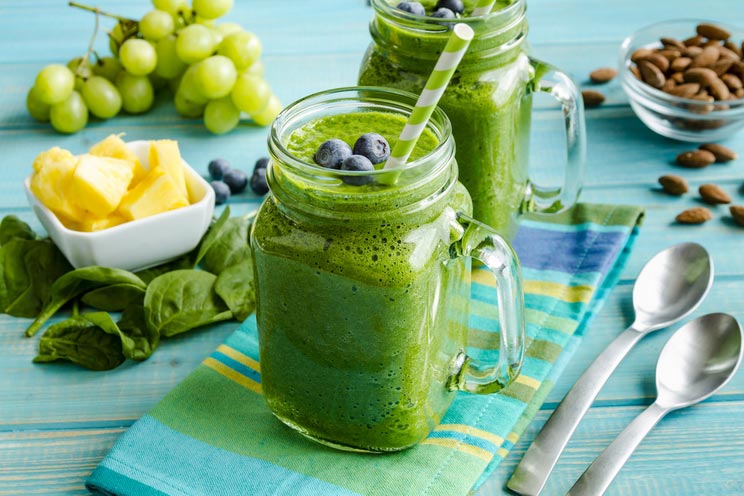
Leafy greens are packed full of antioxidants like vitamin A, C and E that protect the body from the oxidative damage that occurs with chronic inflammation. Be sure to eat leafy greens daily, such as kale, spinach, arugula, chard, radish greens, mustard greens, salad greens, etc.
6. Hot Peppers
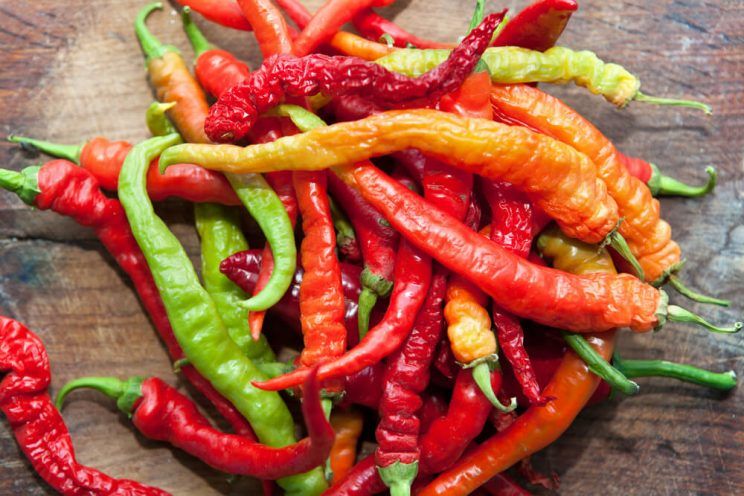
Capsaicin’s are the active components of hot peppers that give them their spicy kick and they also help act as potent anti-inflammatory. Capsaicin’s impact inflammation via your brain, interacting with a specific receptor to increase BDNF (brain-derived neuropeptide factor) that cools inflammation and combats low mood. (10) Try sprinkling cayenne on your food or in your smoothies and add hot peppers to your meals to take advantage of the anti-inflammatory benefits. Just don’t go overboard, moderation is key here.
7. Blueberries
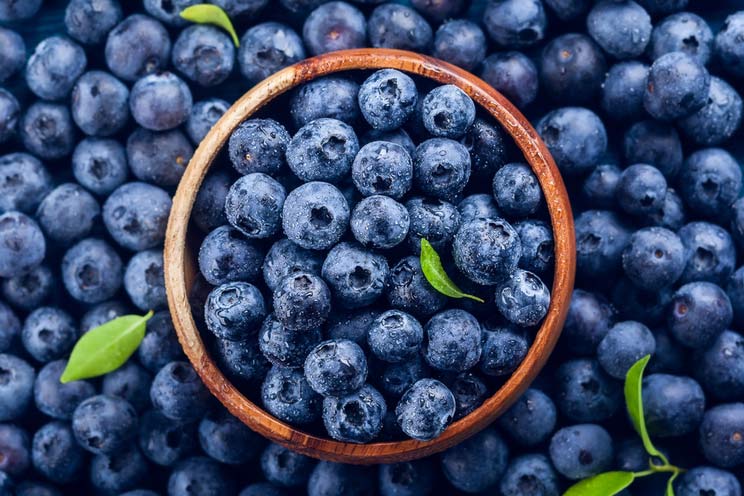
The perfect breakfast addition to your morning smoothie or afternoon snack also provides a nice anti-inflammatory and antioxidant punch. Dark-colored berries contain quercetin, a potent antioxidant that protects your body against the oxidative damage caused by inflammation, whether from a trauma or simply being overweight. Furthermore, the polyphenols in blueberries also trigger the genetic pathways that provide a great COX-2 anti-inflammatory effect. (11)
8. Beets
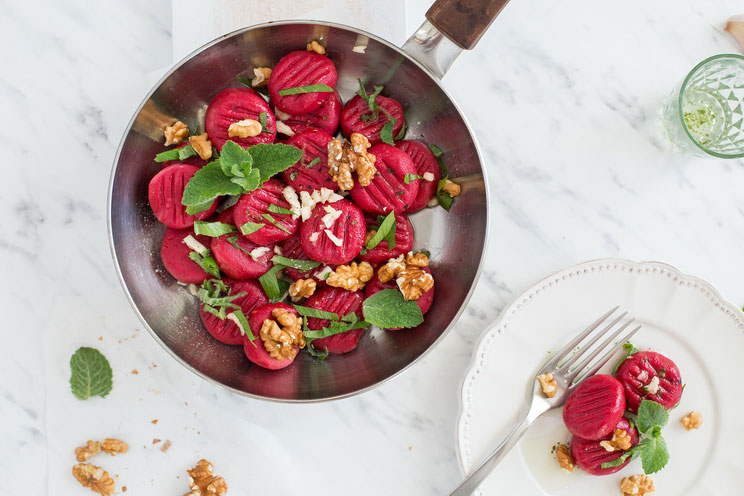
Beets are an incredibly nutrient-dense root vegetable packed full of the antioxidant betalain, as well as being a phenomenal source of dietary nitrates that help to boost arginine levels and support better flow to accelerate healing and recovery. (12)
9. Pineapple
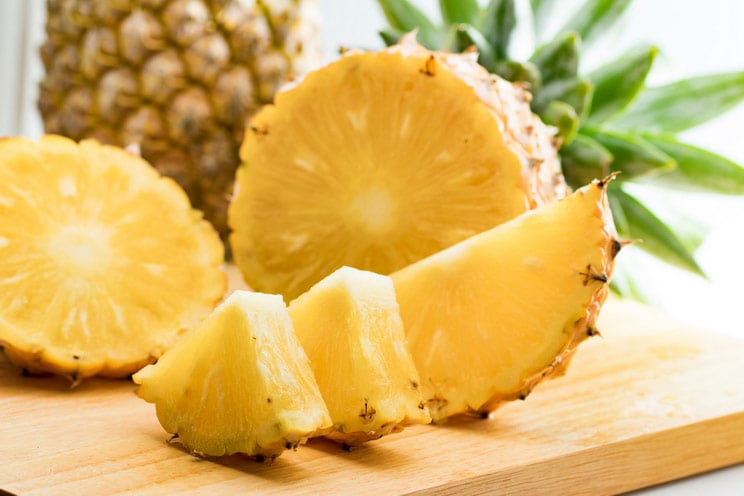
There is nothing like a cold, sweet pineapple on a hot day to quench your thirst and sweet craving. Your joints also love bromelain, as its been shown to reduce swelling, bruising, healing time, and pain after injuries and surgeries. (13) If you choose to supplement with bromelain for joint support, be sure to take it on an empty stomach. If taken with meals, bromelain will act as a digestive aid and not an anti-inflammatory.
10. Broccoli
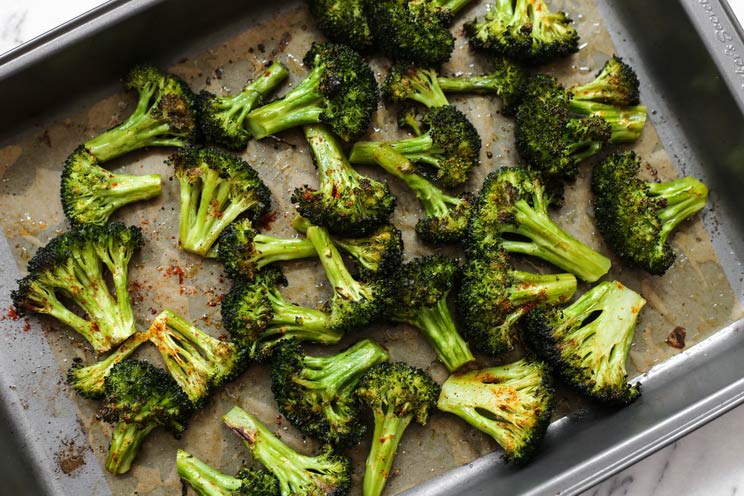
Broccoli is an absolute superfood. It packs a major antioxidant punch, is loaded with powerful phytonutrient glucosinolates, and contains anti-inflammatory bioflavonoids like kaempferol that help cool inflammation and fight off the effects of weight gain and oxidative stress. (14) Make broccoli a staple in your diet to reap these benefits.
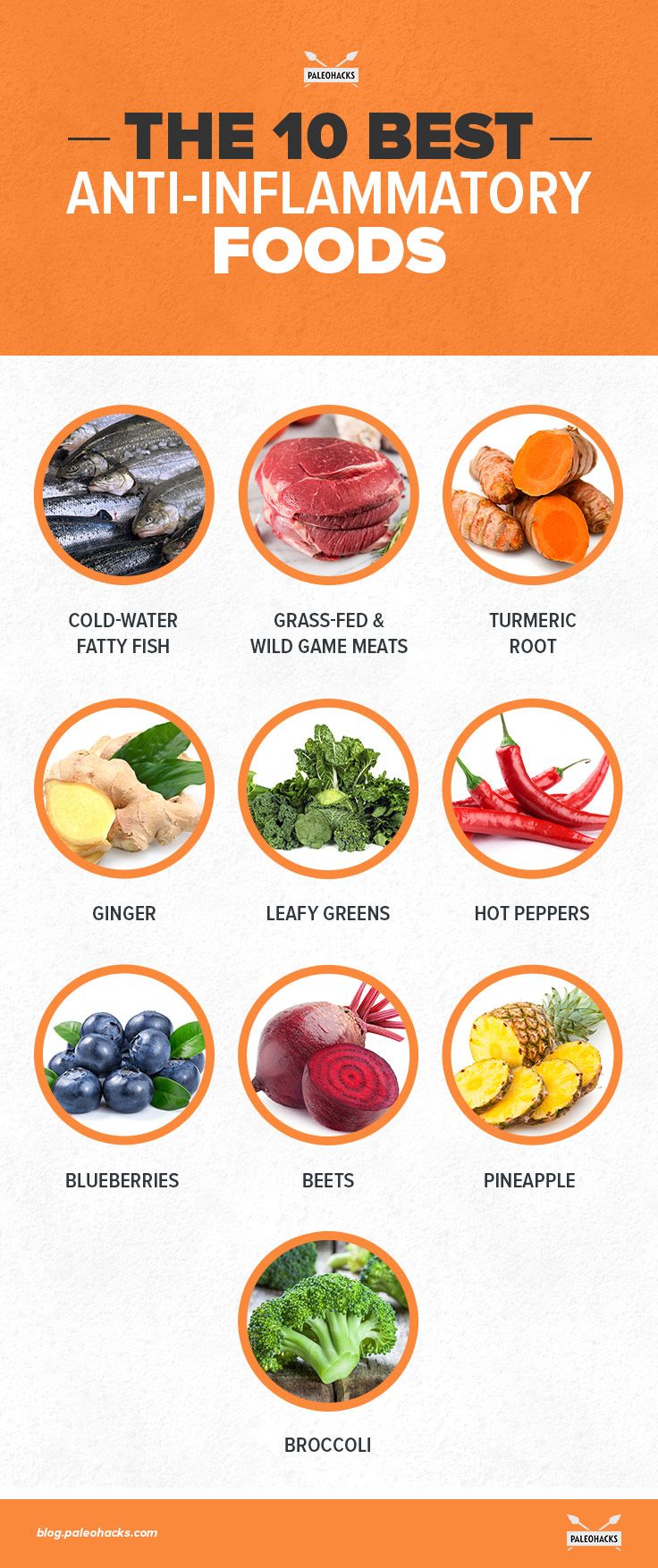 To keep inflammation under control, address the root causes and maintain a healthy weight (and body composition), avoid excess gluten and omega-6 vegetable oils, and do you best to avoid medications or use sparingly when needed. Combine this with adding these 10 anti-inflammatory regularly in your nutrition arsenal and your body, your brain and your health will thrive.
To keep inflammation under control, address the root causes and maintain a healthy weight (and body composition), avoid excess gluten and omega-6 vegetable oils, and do you best to avoid medications or use sparingly when needed. Combine this with adding these 10 anti-inflammatory regularly in your nutrition arsenal and your body, your brain and your health will thrive.
The good news is that leaky gut and chronic inflammation can be healed and eliminated by changing your diet and your lifestyle.
Here is my 6-step guide to eliminate inflammation and avoiding a lifetime of chronic illness.
1. Do an Elimination Diet for 21 Days
Cut out gluten, dairy, sugar – including soda, processed and packaged foods, and alcohol. The 21 day mark is important because it takes at least 21 days for your immune system to fully turn off it’s reaction to an intruder it has seen, so you won’t fully know what life is like without the foods you eliminated until you get to that point.
2. Take Specific Supplements
Support your elimination diet with specific supplements like the ones I use in my practice. Be careful of supplements you buy over the counter – many have found to be counterfeit or contaminated. It is best to work with a licensed health practitioner who has access to tested reliably therapeutic supplements. The top supplements I typically recommend taking to lower inflammation are:
- An L-glutamine-based supplement that includes aloe, licorice, and zinc-carnitine, all of which help heal the lining of the intestines.
- A probiotic containing the best-researched strains of probiotics especially lactobacillus and bifidobacteria species.
- A berberine-based antimicrobial herbal formulation to help reduce the presence of harmful bacteria in the gut.
- A fiber supplement that contains both insoluble fiber that supports regular bowel movements and balanced blood sugar, as well as soluble fiber that feeds the important bacteria that help regulate the immune system.
- A multi-vitamin that supports phase 1 and 2 liver detoxification and anti-oxidant production. Anti-oxidants are important because they soak up the free radicals that are produced as part of the inflammatory process and that cause DNA damage and faster aging.
- A fish oil supplement with at least 2000 mg of EPA/DHA, the important omega 3 fats that have been shown to reduce inflammation by blocking part of the inflammatory cascade process.
3. Follow the “Plant Based Paleo” Approach
Replace your old way of eating with what I call a “Plant Based Paleo” approach. The following is a breakdown of what kinds of foods I mean.
- Eat at least 20 grams of non-dairy protein with every meal. Options include a plant-based protein shake like the rice-protein shake I use, or responsibly raised, organic, and hormone/antibiotic free chicken, beef, turkey, eggs and fish.
- Eat organic vegetables with every meal, favoring cruciferous vegetables like broccoli, kale, cauliflower, collards, and Brussels sprouts which support the liver’s detoxification process, and leafy greens like mustard, chard, beet greens and spinach which are packed with important nutrients like calcium and vitamin C.
- Eat a rainbow of vegetables on every plate – each color represents a particular subset of phytonutrients that our bodies have evolved to use as cofactors for thousands of enzymatic reactions.
- Consume lots of healthy fats like olive oil, coconut oil, flax seed oil which is packed with anti-inflammatory Omega 3 fatty acids, borage oil, walnut oil, and sunflower seed oil. Chia and hemp seeds also make excellent high protein healthy fat based snacks.
4. Avoid Taking Drugs
Avoid medications like NSAIDs (aka ibuprofen) and antibiotics unless absolutely necessary. These drugs are toxic to the health of your gut.
5. Take Stress Seriously
Find ways to build relaxation into your life daily to counteract the effects of the modern, always on the go lifestyle. Meditation has been shown to have all kinds of lasting effects on the nervous system, the cardiovascular system and the digestive system and helps people be more effective in their lives.
6. Stop Eating Processed Foods
Avoid processed foods that contain refined flours and sugars by cooking your meals and eating at healthy restaurants that use organic, quality ingredients from local sources.
If you think you are suffering from the effects of inflammation, following this plan is an excellent place to start the process of unraveling your inflammatory picture, getting to the root cause of your immune system’s dysfunction, and cooling the fires of inflammation for good.
